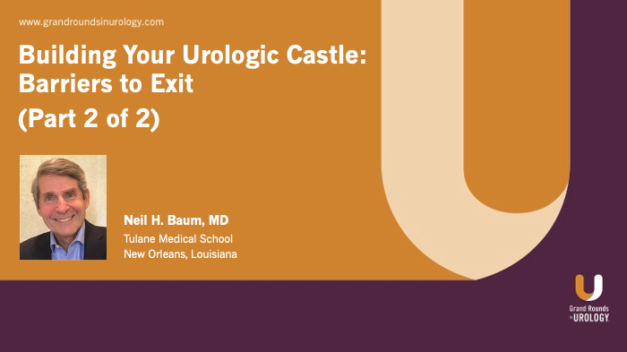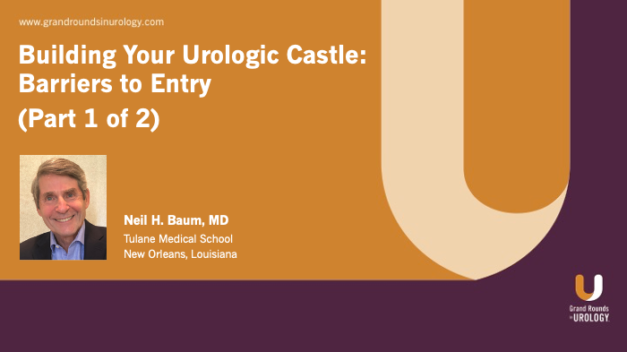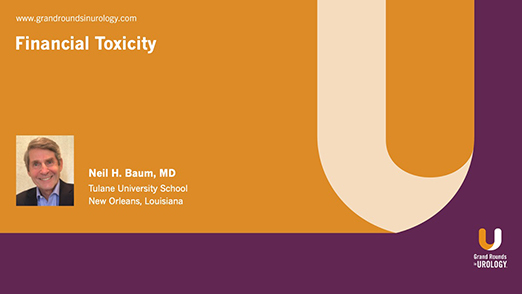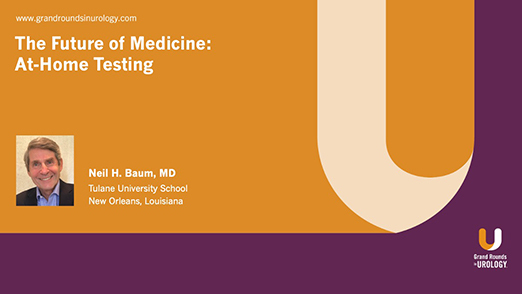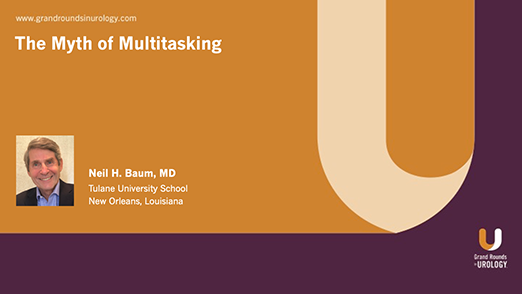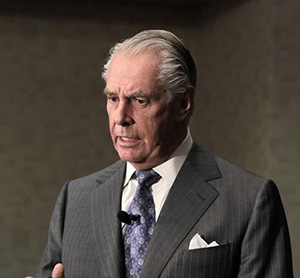Building Your Urologic Castle: Barriers to Exit (Part 2 of 2)
In the second part of this two-part series, Grand Rounds in Urology Contributing Editor Neil H. Baum, MD, Professor of Urology at Tulane Medical School, gives suggestions on how urologists who have already successfully attracted patients by removing barriers to entry can then keep those patients in their practice by building barriers to exit. He explains that the goal is for each patient to have a stellar experience and then share their feedback with others. Dr. Baum emphasizes the importance of a robust, regularly updated website and active social media pages. He also highlights the importance of practice accessibility, from having online scheduling and communication via email and text, to having same-day appointments available, keeping office wait times as short as possible, and supplying accessible, validated parking. He suggests that doctors call patients at home after they have had a procedure, both to demonstrate care and to reduce incoming calls from patients. Dr. Baum also notes the importance of having transparent pricing and insurance assistance, and of providing translators for patients who do not speak English. He concludes by encouraging urologists to make their USP (unique service proposition) visible and obvious to patients, by noting that there are riches in the niches, and by reiterating the importance of eliminating negative barriers and fortifying positive ones in a medical practice.
Read More
